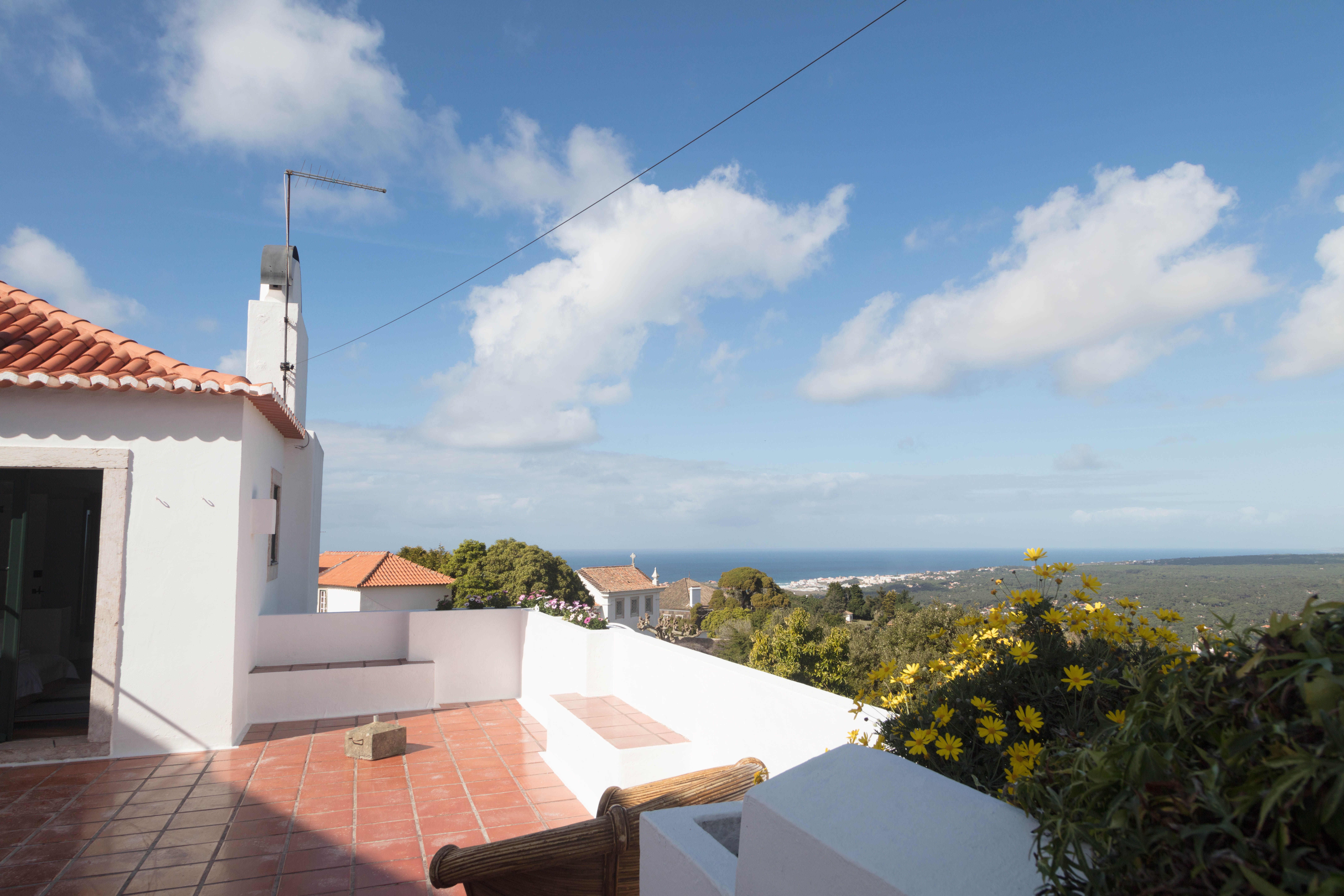Moving personal belongings to Portugal involves several steps. Customs fees and limitations on specific items you want to move are key things you must consider before moving personal belongings to Portugal. Another important thing to consider is the delivery schedule, how to wrap your belongings, how to retrieve them on the other side, and whether to use international removals in Portugal.

Home & Living
Packers / Movers / Storage

Top Things To Consider Before Moving Personal Belongings To Portugal
The cost must be considered while determining Portugal's most effective removal strategy. After all, while certain moving choices, like shipping your furniture or a car, offer significant discounts for big things, other options, like air freight, can also quickly mount up for heavier items. If it is worthwhile to hire an international moving company or international removals in Portugal to carry out your removals to Portugal, this is another thing to consider. International removals in Portugal usually handle potential problems, which is perfect for time-constrained expats. However, many services have costs, so using them will depend on your budget and available time. Further information on this is provided in the guide. Another thing to consider is what method to use in moving your belongings to Portugal. You have a few options for moving your household goods: air freight, sea freight, or land freight. Your options will depend on your budget and urgency. On the other hand, your choice of self-storage units might be constrained. Moving with pets is not difficult if you move from within the EU. If your pet comes from outside the EU, more limitations must be followed, including additional criteria for dangerous breeds. There are no special vaccination requirements for your move. Before traveling, you should check that all of your usual vaccinations are current. If your doctor thinks you would benefit from additional vaccinations, you might want to ask.
Shipping and Moving Personal Belongings To Portugal
If you're relocating to Portugal, you might want to prepare in advance by learning how to transport your belongings and household goods there. We provide you with all the information you need to make the optimal shipping decision, including customs regulations, documents, etc.
By sea freight
Shipping your belongings through sea freight is a practical choice if you're looking for a low-cost approach to moving to Portugal. Along Portugal's coast, there are 18 ports, some of which receive greater service than others.
By road or rail
Moving is not limited to air or sea travel; you can also transport your belongings by road or rail over land. In the EU, this is a particularly good choice. However, if you reside further away, you might want to consider this as there are businesses that, for instance, move cargo by train and road from China.
By air freight
Finding out which airport is nearest to your new residence is a smart idea before you begin making plans to relocate your possessions to Portugal. Since air freight is frequently the fastest mode of transportation, it is a wise choice if you are on a strict schedule.
Through a moving company
Although hiring a moving company may seem like an expensive option for moving to Portugal, it offers the most security. Additionally, it can reduce the time and stress associated with the procedure, allowing you to concentrate on other elements of your move.
How to Ship Personal Objects and Household Goods
You have a variety of options when it comes to transporting your household goods to Portugal because of the country's ideal position. You should receive your things in one to three months if you choose the slowest and often least expensive shipping method: shipping by sea. The quickest option for shipping is air freight, but it is also the most expensive. Though it will cost twice as much as sea freight, your products should arrive in less than a week. If you have the option, shipping your item by road can be your best choice. It is much quicker but slightly more expensive than shipping by sea freight. The arrival of your things shouldn't take more than a few weeks. You should be able to find anything you need in the nation or import it once you're there, provided you don't have any specific needs, such as those related to medication. As long as you are importing for non-commercial purposes, you do not need to declare your possessions when you get to Portugal if you are packing them and transporting them there. Additionally, your items would have to fall under customs allowances, which vary based on whether you carry goods from the EU or outside the EU.
Storage Of Personal Belongings
Another choice that many individuals consider is storing their possessions in their home country and exporting them later, especially if they're unsure how long they'll stay in Portugal. In the long term, this is more expensive unless you're fortunate enough to have friends or family who have a lot of attic or garage space. Additionally, if you're moving from outside the EU, it might not make sense because you only have 365 days to move your possessions tax-free. Your alternatives in Portugal may be restricted if you require short- or long-term storage for your belongings. Portugal has among the lowest per-capita self-storage alternatives in Europe.

In larger cities, there are still some self-storage solutions available. You can try your hand at a quick online search by entering "armazenamento" or just the word "storage" in English into a search engine. You may discover storage companies in cities like Porto and Lisbon with certainty. In most situations, getting a price and scheduling your storage will require you to contact the business via phone or email.


